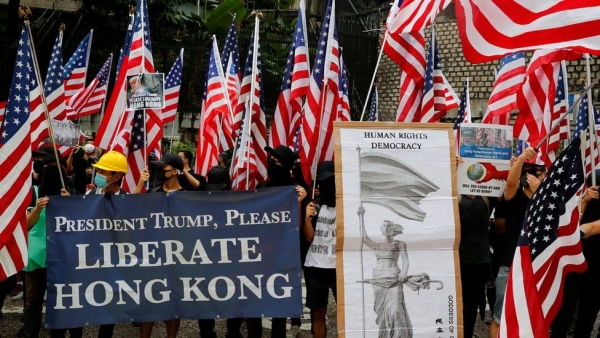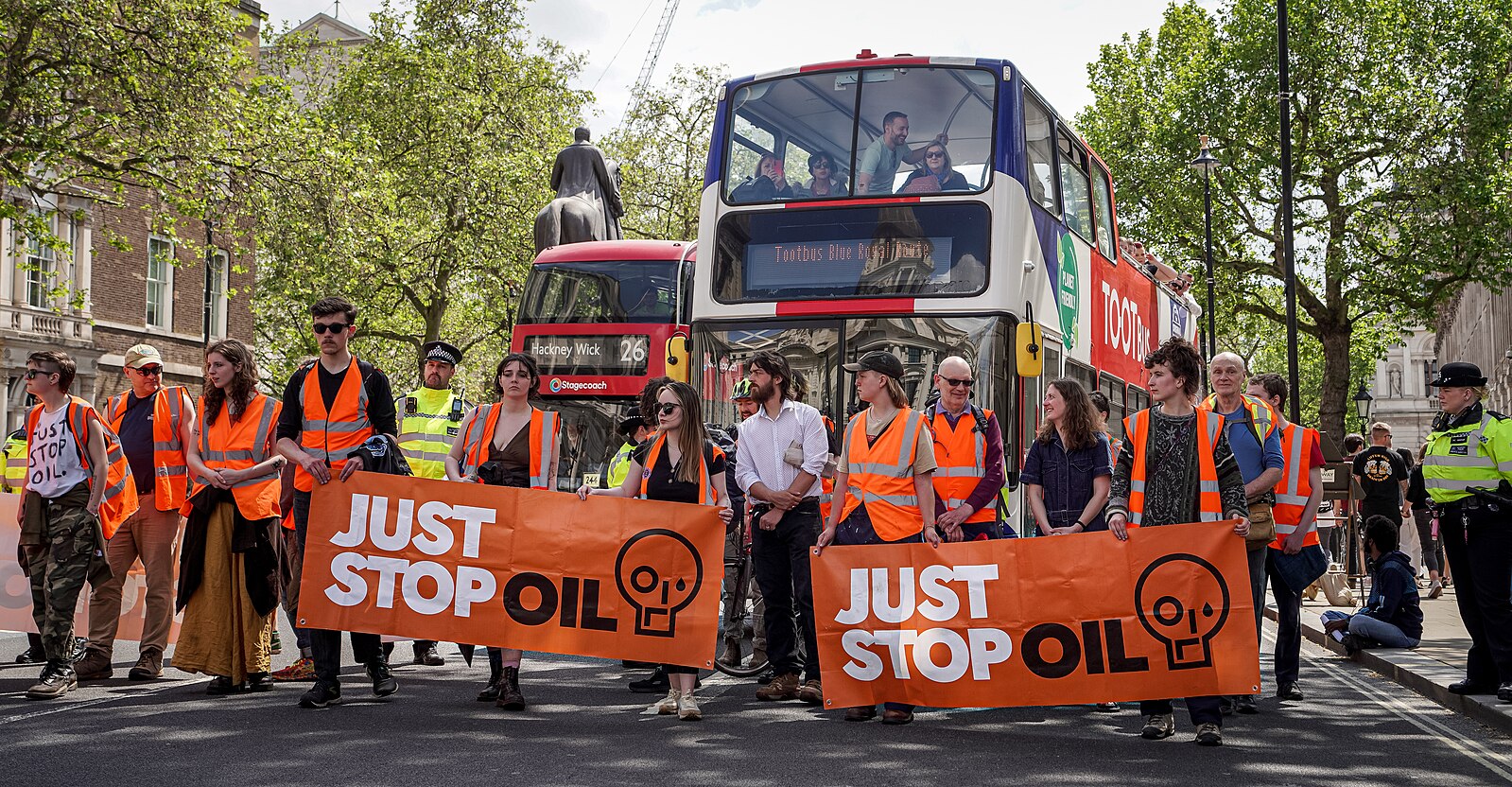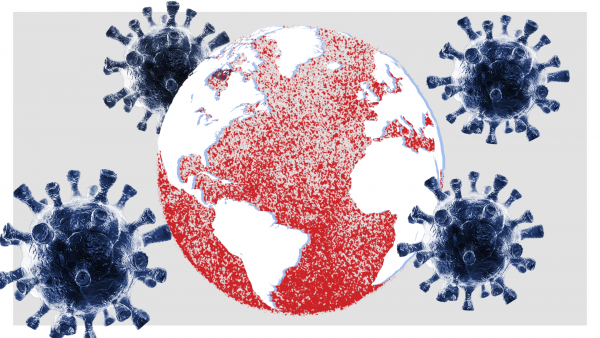Written by: Ching Ya Ho
I stand for reproductive rights, trans rights, and other progressive values anathema to Trump’s personal and political positions, and I was loath to imagine another four years of his regime. However, I also stake an intense personal interest in the Hong Kong protests against Beijing’s encroachment. Trump’s widely perceived hawkishness over China has led many in pro-democratic circles, my family included, to reluctantly lend him their sympathies. My dilemma can thus be framed in terms of Rawlsian liberalism and its theoretical founding subject, which Sandel refers to as the ‘unencumbered self’. Between my particularistic attachment to a local political movement and a more broadly progressive desire for a world with more minority rights, I embody an irreconcilable plurality of ends in the binary context of an election. What would someone in the original position do with their vote?
An uncharitable reading of Rawls would compel me to renounce my affiliation to Hong Kong, and that upon rational reflection I would choose the instantiation of the option more ‘universally just’. After all, my investment into the region’s plight was formed circumstantially through my cultural upbringing there, and thus cannot truly be autonomous (though many of Rawls’ ‘basic liberties’ are actually being violated in Hong Kong currently). Sandel would no doubt take such an outcome as perverse — as would I — and thus demonstrative of the moral emptiness demanded by an absolute priority of the right. He would implore me to remember that my ends, narrow and contingent as they are, constitute my identity, and that only membership of such a constitutive community could produce the deep love I harbour for mine. This, in turn, provides a true moral basis for my particular conception of the good — and when I vividly recall images of the political violence I saw last summer, my subjectivity really does seem to reach a level of moral profundity that the ‘unencumbered self’ could never do a priori.
However, I do think Rawls’ theory can survive to inform my electoral woes — in my very act of rational, autonomous deliberation over competing, but equally valid ends. On this account, liberal principles secure the right to question, re-examine, and compare conceptions of the good. In this sense, it is particularistic dogma from which the liberal self is unencumbered: despite my values regarding the situation in Hong Kong, I am able to exercise distance in recognising the wider consequences my endorsement for Trump would represent, or that my previous moral intuitions may have been mistaken. And to anticipate the Sandelian response, this distance does not weaken my goals or values; on the contrary, they are rendered meaningful because I continue to commit to them, having rationally evaluated them against other plausible ends. [1]
Moreover, the fact that I was able to discern the conflict between my ends in the first place is a credit to the ‘basic liberties’ Rawls envisioned, having enjoyed an expansive education, freedom of expression, and press freedom. For these, and the right to choose, I am grateful.
Bibliography
[1] Kymlicka, W. (1988). Liberalism and Communitarianism. Canadian Journal of Philosophy. Vol. 18, No. 2, pp. 181- 203. URL: https://www.jstor.org/stable/pdf/40231605.pdf?refreqid=excelsior%3A46802fe4f9f376488d20d818d1b396e4
Image from: https://www.bbc.co.uk/news/world-asia-china-49625233







